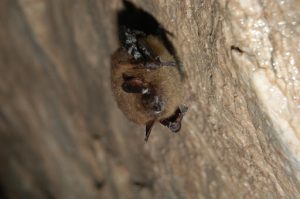
White Nose Syndrome
Fact Sheet fungus Pseudogymnoascus destructans Description Pseudogymnoascus destructans is a fungal pathogen that causes the disease known as White-Nose Syndrome. This disease is characterized by
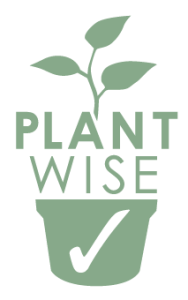
Humans are largely responsible for the movement of invasive species from one area to another. Many human-assisted pathways have permitted the introduction of invasive species in Nova Scotia. One of these pathways is the garden and horticultural trade. Many invasive species are sold as plants for gardens. Unfortunately, they take over gardens very quickly and can quickly escape cultivation and spread into neighbouring ecosystems.
We have created a Grow Me Instead Guide which highlights some common invasive species used in gardens and offers native or non-invasive alternatives. This will help guide gardeners and landscapers choose non-invasive and native plants that will thrive in their gardens and not harm native ecosystems!
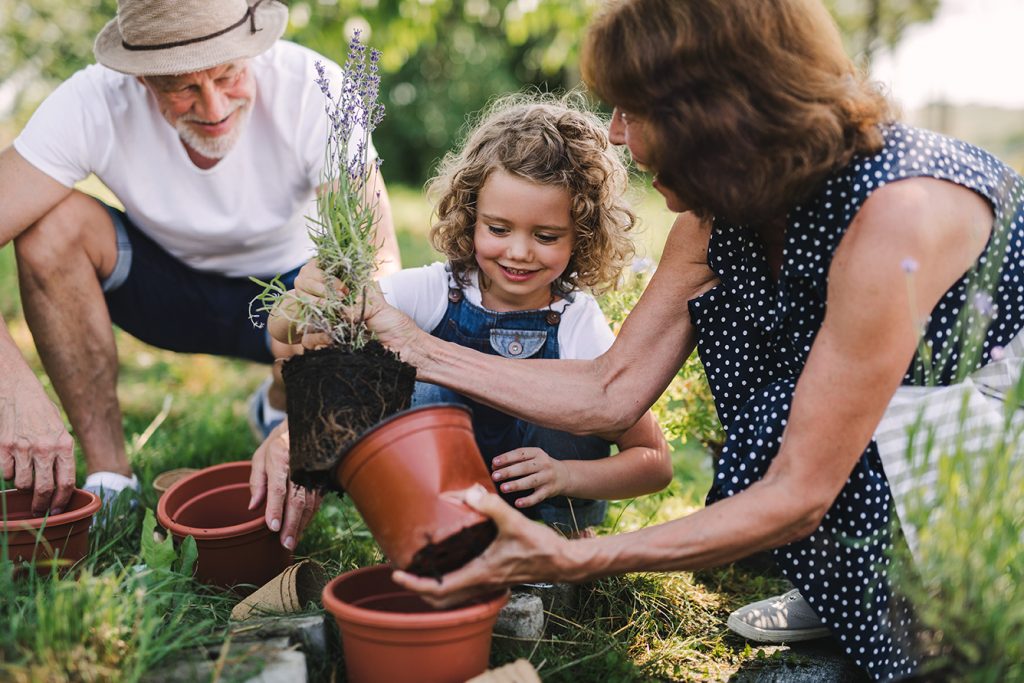
Develop and promote partnerships between national and provincial horticulture/nursery associations, the CCIS and its provincial members.
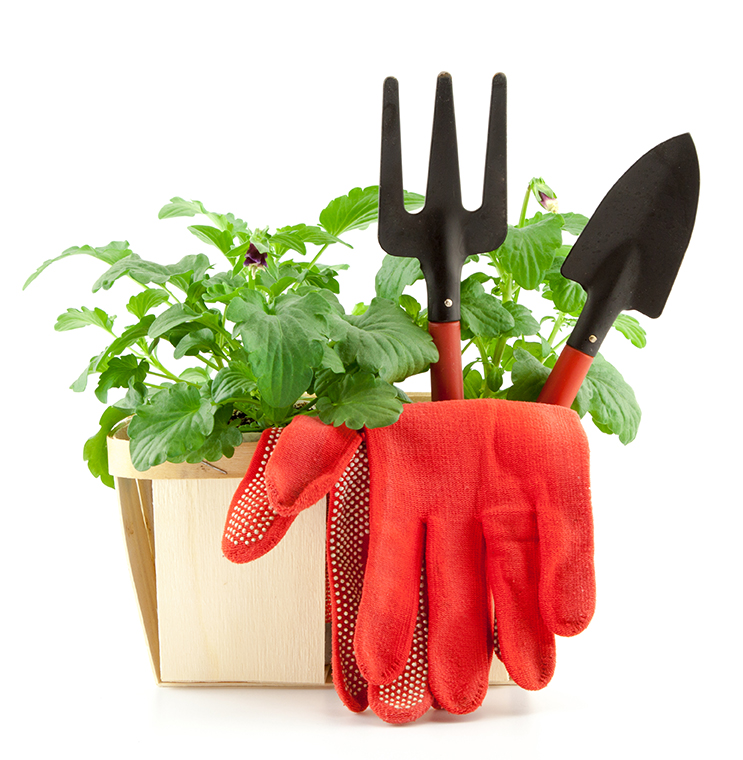
Promote branding, information sharing, resource consistency, and standard messaging amongst the provincial horticulture outreach groups.

Educate gardeners, garden retailers, nurseries, growers, and the landscape industry to:

Collaborate with national groups participating in the program.
Implement a national voluntary code of conduct for nurseries and retailers.

Fact Sheet fungus Pseudogymnoascus destructans Description Pseudogymnoascus destructans is a fungal pathogen that causes the disease known as White-Nose Syndrome. This disease is characterized by
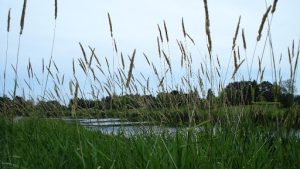
Fact Sheet Grass/Sedge Phalaris arundinacea Description Reed Canary Grass is a cool season, perennial grass that grows up to 1.7 m tall. Its leaf blades
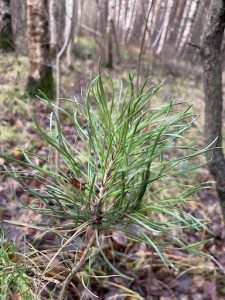
Fact Sheet Vascular Plant Pinus sylvestris | Other Names: Scots Pine, Caledonian Pine Description Scotch Pines are large, evergreen, coniferous trees that can grow up
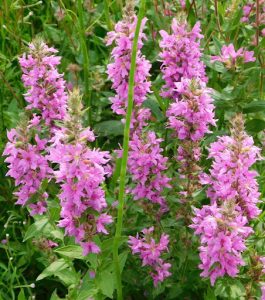
Fact Sheet Vascular Plant Lythrum salicaria | Other Names: Loosestrife, Spiked Loosestrife Description Stems arise from perennial rootstock. 30-50 stalks can arise from a single
Join our mailing list.